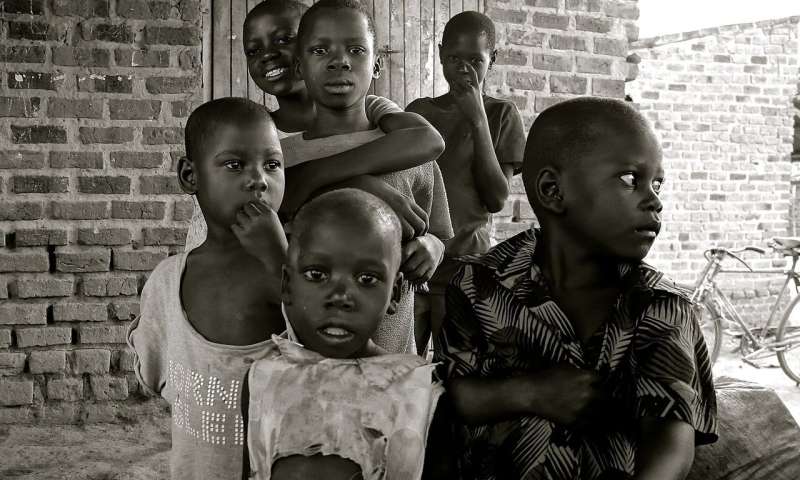
Nearly a quarter of a billion people across Africa will catch coronavirus during the first year of the pandemic, and up to 190,000 of them will likely die, unless urgent action is taken to control the infection, reveals a predictive modelling study, accepted for publication in BMJ Global Health.
These figures indicate a lower rate of exposure and viral spread than in other parts of the world, say the researchers.
But the associated rise in hospital admissions, care needs, and impact on other health conditions in the region would severely strain limited health resources and worsen the impact of the virus, they warn.
The World Health Organization (WHO) Africa region includes 47 countries, but excludes Djibouti, Egypt, Libya, Morocco, Somalia, Sudan and Tunisia. As of April 29, 45 countries had reported cases of SARS-CoV-2, the coronavirus responsible for COVID-19 infection.
Many mathematical models used to predict transmission and death rates in Africa have not adequately incorporated characteristics unique to the region and its individual countries.
But these social, developmental, environmental and population health factors nevertheless affect the spread of the virus and the severity of COVID-19, explain the researchers.
They therefore adjusted for these factors in their modelling to predict the most likely consequences of widespread and sustained spread of SARS-CoV-2.
Their estimates indicate that the pandemic may spread more slowly in Africa, with fewer severe cases and deaths than in other parts of the world, such as the US and Europe, but it is likely to linger for longer, and possibly for several years.
And without adequate measures to control the spread of the virus, the estimates indicate a higher risk of exposure in small countries, with Mauritius likely to be the most vulnerable, while sparsely populated countries, such as Niger, Mauritania and Chad likely to be less vulnerable.
Per head of the population, Mauritius, Seychelles and Equatorial Guinea would likely have the highest proportions of people infected, the calculations suggest.
Among large countries in the region, Cameroon, South Africa, and Algeria would be most at risk, while Nigeria is set to have the largest number of infections, overall, followed by Algeria and South Africa.
In all, around one in four (22%) of the 1 billion people in the WHO Africa Region would be infected in the first 12 months. And 37 million could have symptoms, but this figure could be as high as 44 million, the estimates suggest.
An estimated 4.6 million people, but possibly as many as 5.5 million, would need to be admitted to hospital: 140,000 would have severe COVID-19 infection and 89,000 would be critically ill. Some 150,000 lives would be lost as a result, but this figure could be as high as 190,000, the estimates indicate.
The associated increase in hospital admissions and care needs would divert already limited resources used to tackle major health issues in the region, such as HIV, tuberculosis, malaria, and malnutrition, effectively worsening the impact of coronavirus, warn the researchers.
Some of the hospital admissions would be needed in areas where access to health services is already poor, particularly for the most disadvantaged, they emphasise.
And limited testing and diagnostic capacity and poor monitoring and data collection systems, particularly in rural areas, would make it even harder to respond effectively, they point out.
“These system capacity challenges highlight the need to ensure the success of the containment measures to avoid the need for mitigation measures that, despite relatively fewer cases expected in the Region, will be difficult to institute,” they write.
And the success of containment measures, such as contact tracing, isolation, handwashing and physical distancing, is critical, “as health systems are not designed to mitigate against the implications of widespread community transmission of SARS-CoV-2,” they add.
Source: Read Full Article
